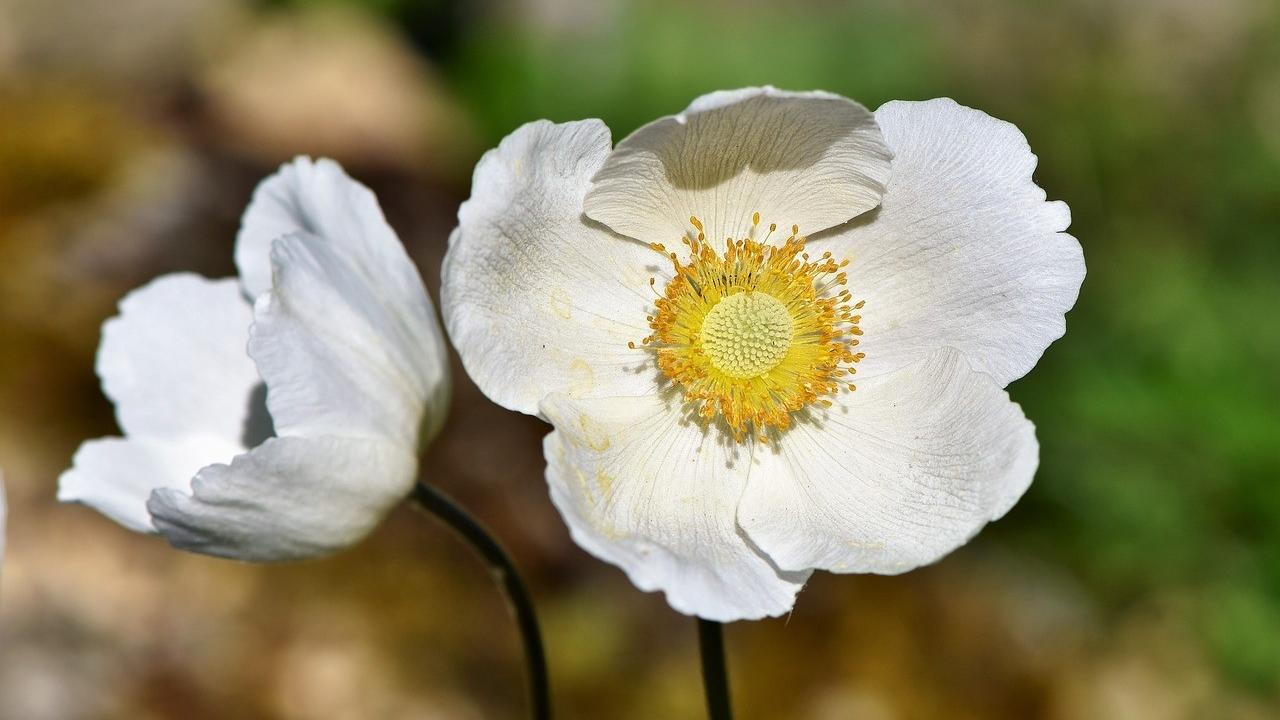Blog
Check in with yourself (DW#731)

It is no wonder that many of us are going through strong and changing emotions at this time. Many of us are feeling anxious, sleepless, fearful, angry and sad. We are having trouble focusing and staying on task. We may be experiencing forgetfulness, loss of motivation and intense grief that comes in waves.
Take a self-compassion break (DW#730 )

Ground yourself in your intention(DW#729)

...
Set an intention for the day (DW#728)

For example, intentions related to the present crisis might be:
Recognize and act within your circle of control (DW#727 )

And the truth is also that some things always were and still remain with our control. (Can you see that?)
Simple tools for growing resilience (DW#726)

Simply put, it is the ability to face adversity and to "bounce back" after we have been knocked down by life.
1) Face challenges without being overwhelmed by them AND
2) If we are overwhelmed or ‘knocked down’, it helps us get back on our feet quickly.
10 ways you can protect your mental health during the pandemic.

As the coronavirus pandemic spreads, many of us are feeling increasingly anxious. The uncertainty can be hard to tolerate especially for those of us who like to feel in control over our lives. While feelings of fear, anxiety, sadness, and uncertainty are quite normal during a pandemic, there are some things that we can do to protect our mental and emotional health as this global crisis plays itself out.
Here are some suggestions:
1. Get your news from trustworthy sources
Everywhere you turn, there are horror stories about worst case scenarios and what may happen if the pandemic continues the way it has been progressing.
While it may be helpful to stay up to date on the current situation, we need to make sure that the health news is from a reliable source. If we rely on and react to all the panicky phone calls, media posts and WhatApp forwards from other anxious people, we will likely increase our own anxiety and the sense of loss of control.
The truth is that no one really ...
I’m going on a sabbatical and you...(DW#725)

Five reasons to take a sabbatical (DW#724)

1) Learn a new skill or explore a new subject. If you have always wished you could deepen your expertise in your field, learn something new, or you are curious about a particular subject, a sabbatical is the perfect time to do this.
2) Do some long range thinking. When we are in the midst of work, there is little opportunity to look at the big pictu...
Half the fun is in the planning(DW#723)

